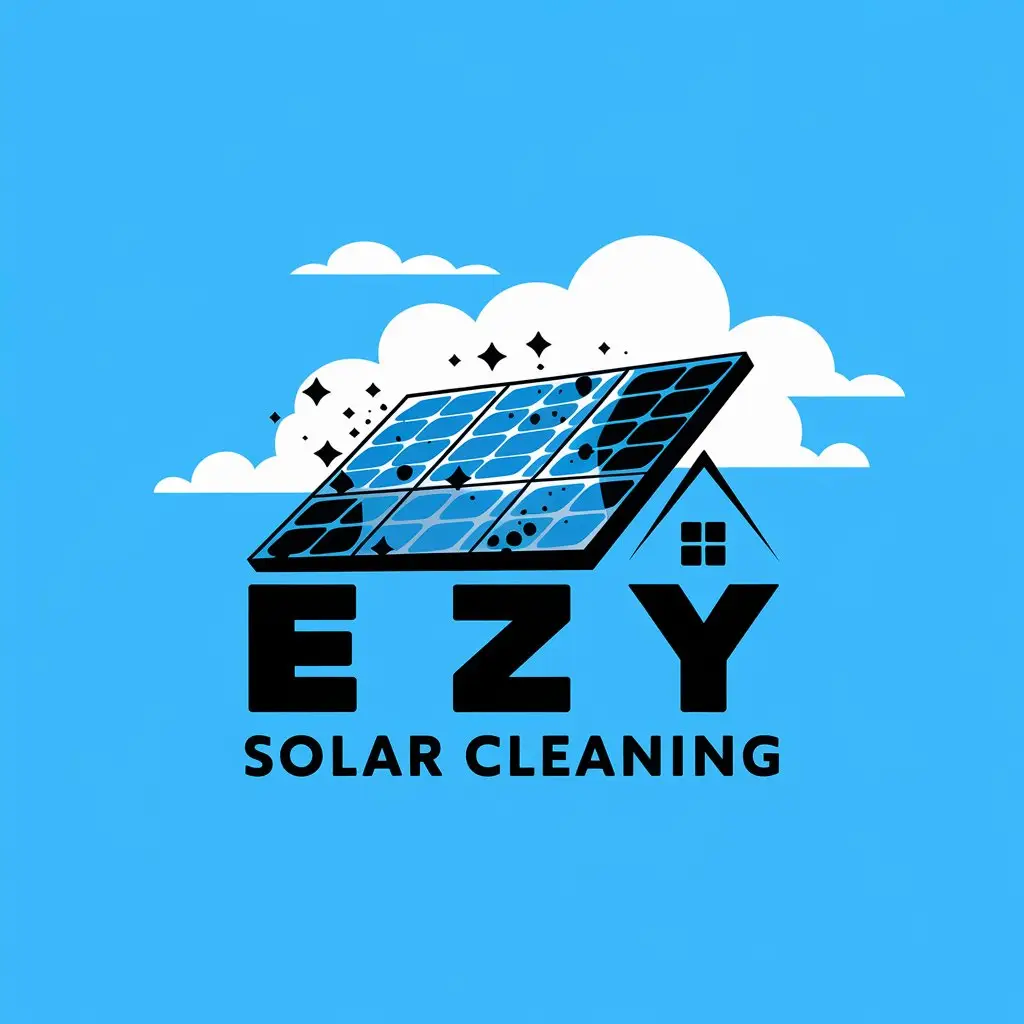Solar Panel Cleaning Tips
Solar Panel Cleaning – Best Practices and What to Avoid
At EZY Solar Cleaning, we understand the importance of maintaining clean solar panels to maximize efficiency. While we recommend professional cleaning every 12-24 months, we also want to help you care for your system between services. Here’s what you should know before attempting any DIY cleaning.
Use Soft, Non-Abrasive Cleaning Tools
A soft sponge, microfiber cloth, or a soft-bristled brush is ideal. Avoid anything that could scratch the glass surface.
Rinse with Low-Pressure Water
A standard garden hose is best. Avoid high-pressure washers that can damage seals or force water into the electrical components.
Use Filtered or Rain Water if Possible
Regular tap water may leave mineral deposits. Using deionized water or rain water reduces spotting and residue after drying.
Abrasive Materials
Avoid scrubbing with steel wool, rough brushes, or scouring pads. These can scratch the surface and reduce panel efficiency.
High-Pressure Cleaning
High-pressure sprayers can damage panels or force water into electrical components like the junction box, risking malfunction or short-circuit.
Excessive Force
Never apply heavy pressure when wiping or scrubbing. Solar panels are durable, but their glass surfaces and frames can still crack under stress.
Harsh Detergents
Do not use abrasive or corrosive chemicals, like bleach, ammonia, or industrial cleaners. These can strip the protective coatings and seals.
Ignoring Manufacturer Guidelines
Always check your panel manufacturer’s cleaning recommendations. Some brands may have specific do’s and don’ts based on panel type or coating.
Walking on Panels
Never walk on your solar panels. Not only is it dangerous, but your weight can cause microcracks or structural damage.
